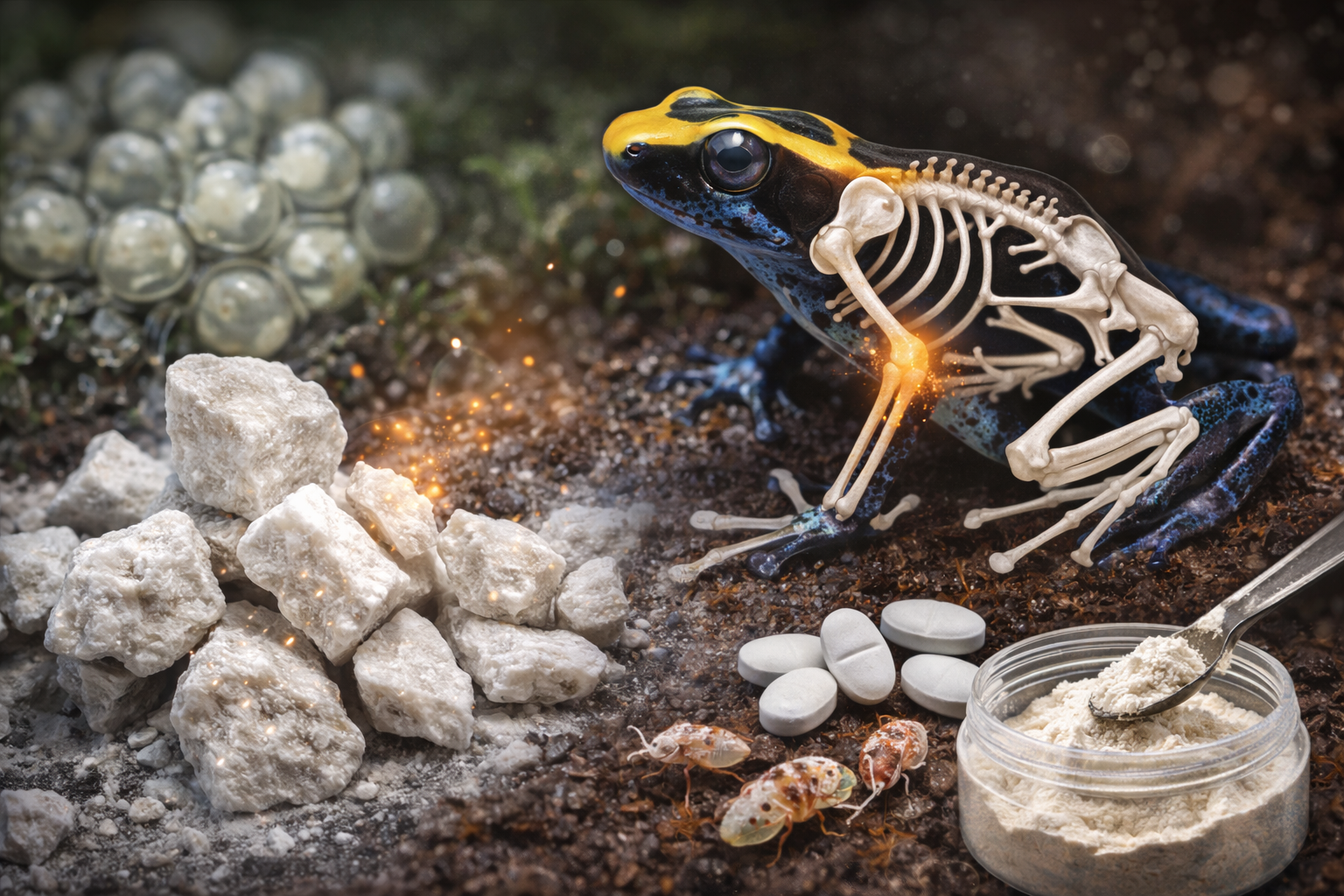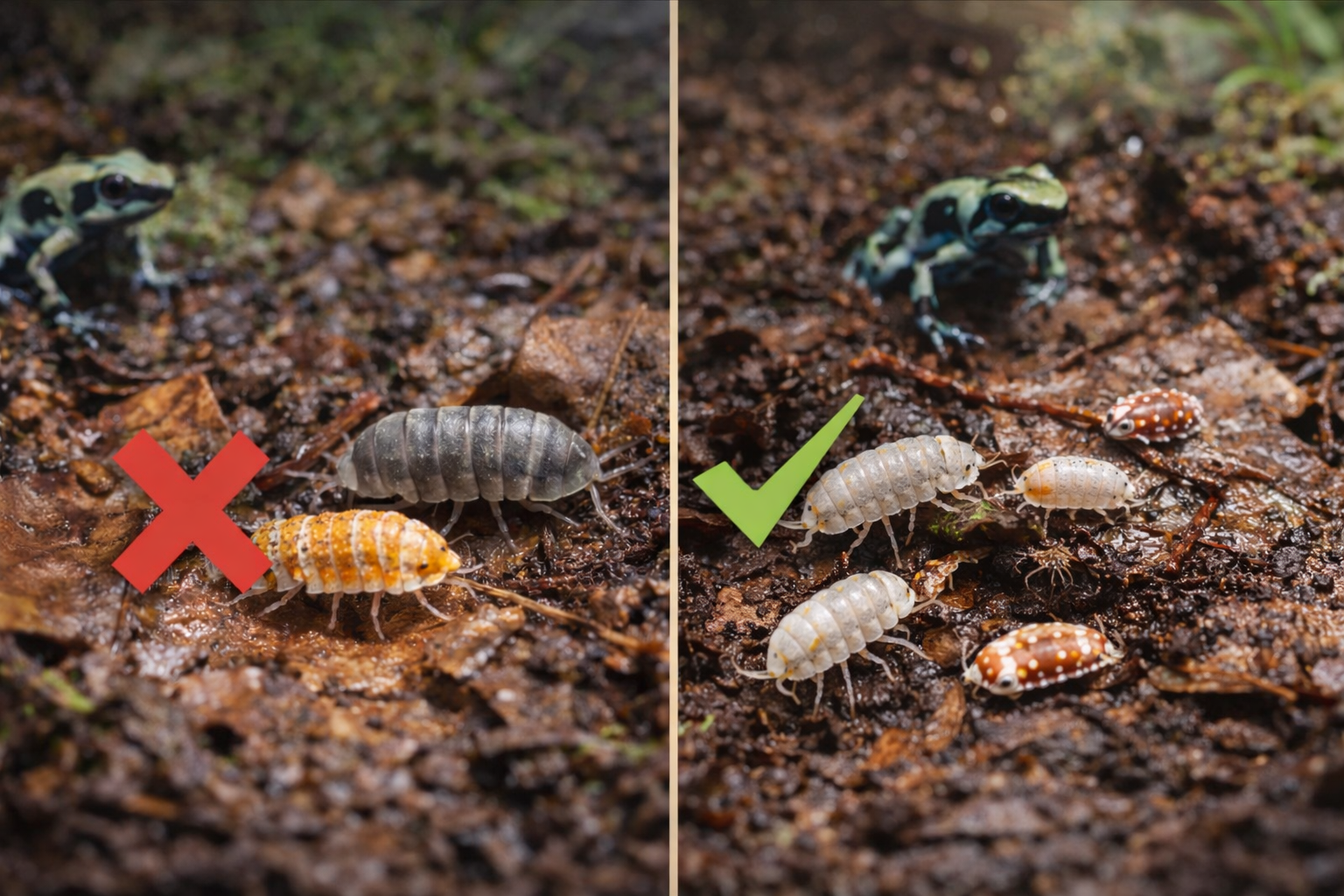From tarantulas to isopods, mantids to millipedes – the UK’s invertebrate fairs are where the community comes together to buy, sell, trade, and learn. Whether you’re a seasoned invert keeper or just curious about exotic bugs, these shows are the best way to see rare species, meet top breeders, and pick up essential supplies. Below you’ll find a complete calendar of UK invertebrate events for 2025 and 2026, plus visitor tips and what to expect at each show.
UK Invertebrate Show Calendar (2025/26)
| Date | Event | Location |
|---|---|---|
| 11 May 2025 | Brighton Invert Show | Brighton Racecourse |
| 25 May 2025 | Northern Invert Show | Doncaster Dome |
| 22 June 2025 | British Tarantula Society Exhibition | Warwickshire Event Centre |
| 19 Oct 2025 | Northern Invert Show | Doncaster Dome |
| Spring 2026 (TBC) | Brighton Invert Show | Brighton Racecourse |
| May 2026 (TBC) | Northern Invert Show | Doncaster Dome |
| June 2026 (TBC) | BTS Exhibition | Warwickshire Event Centre |
Spotlight on Each Event
British Tarantula Society Exhibition (BTS)
Known as the “Glastonbury of the invert world”, the BTS Exhibition is the UK’s largest invertebrate event. Expect hundreds of tables, international breeders, live talks, and a huge range of tarantulas. Even if spiders aren’t your thing, you’ll find isopods, millipedes, centipedes, and supplies for every type of invertebrate enclosure.
Northern Invert Show
Held at Doncaster Dome, this event is well-timed to coincide with reptile shows, meaning you’ll get a mix of both worlds. It’s particularly good for picking up isopod display enclosures and feeder cultures like fruit flies and springtails.
Brighton Invert Show
A smaller but highly community-focused fair, Brighton is known for its friendly vibe and great variety of mantids and beetles. Many hobbyists see this as the best show to introduce beginners to the invert world. It’s also a good place to meet smaller, specialist breeders who may not exhibit at the larger events.
Tips for First-Time Visitors
- Bring cash – many vendors still prefer it over card.
- Arrive early – rare species often sell out fast.
- Research beforehand – don’t impulse buy an animal you’re not prepared for.
- Travel light – shows can get crowded; backpacks are better than bulky bags.
- Use transport boxes – if you’re bringing home livestock, prepare with ventilated tubs.



